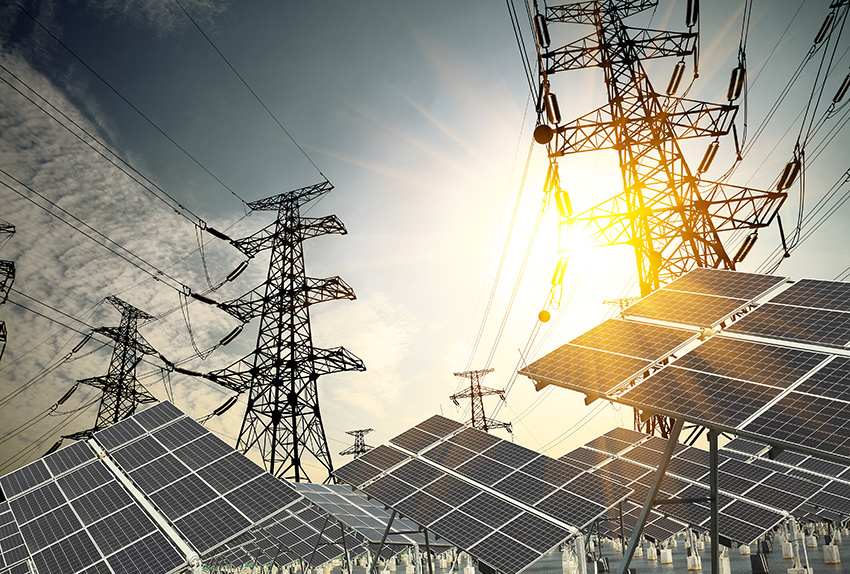My research update this week, “Trump’s Solar Tariff Is a Bad Idea,” might seem counterintuitive to those who never sought to understand our underlying criticism of government incentives to solar energy producers. If they thought it’s because we “hate solar,” they’ll be mightily confused.
The target of the criticism has always been government favoritism of one energy source (whether solar, wind, nuclear, natural gas, etc.), either directly by incentives, subsidies, and special policy favors or indirectly by disincentives placed on competing energy sources.
 By placing a 30 percent tariff on imported solar panels (which will step down to 15 percent by 2022), the Trump administration is placing a disincentive against solar producers. Economists know that tariffs generally produce more economic harm than good; it’s one of the founding insights behind the whole discipline of economics.
By placing a 30 percent tariff on imported solar panels (which will step down to 15 percent by 2022), the Trump administration is placing a disincentive against solar producers. Economists know that tariffs generally produce more economic harm than good; it’s one of the founding insights behind the whole discipline of economics.
But as I pointed out,
We’ve grown used to government disincentives in energy policy. The administration of President Barack Obama deliberately, systematically worked to make electricity rates “virtually skyrocket,” to “bankrupt” anyone trying to build new coal plants, to force gasoline prices “to the level of Europe,” etc.
Why? Because Obama decided that artificially making traditional energy sources cost as much as renewables was the only way of “skinning the cat” of making renewable energy seem price-competitive.
Of course, it’s not a government disincentive to remove a bad policy
To be sure, once government grants your industry an incentive your competitors can’t get — or saddles them with burdens that you don’t have to worry about — it’s not unfairly harming your industry when it does the right thing and removes them.
The Trump administration has made great strides this past year clearing out a lot of disincentives to domestic producers of traditional energy resources. Advocates for renewables have been predictably unhappy about that.
Imposing a tariff on solar panels, however, crosses that line between freeing up the energy market for fairer competition (this is government’s proper role) and picking favorites in that competition (this is not).
Earlier this week I wrote why competition in the energy market is good. It benefits consumers, it benefits the overall economy, and it even benefits the competitors by making them strive to improve. There’s no drive for betterment when the outcome is already settled.


